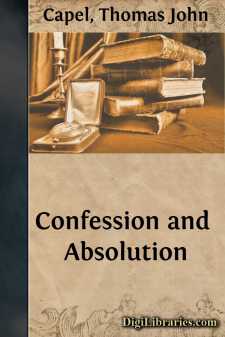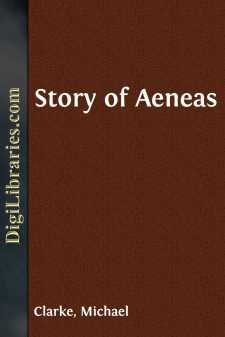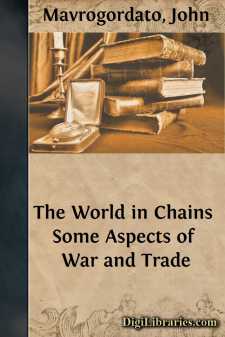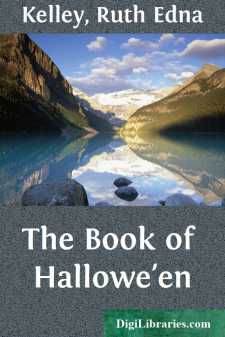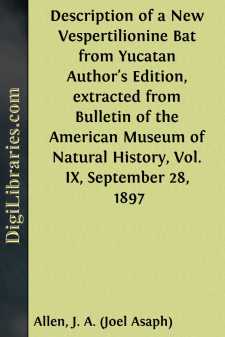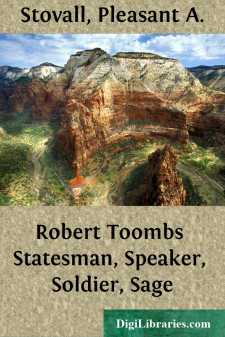Non-Classifiable
- Non-Classifiable 1768
Non-Classifiable Books
Sort by:
I. The necessity of repentance as the essential condition for the sinner obtaining God's forgiveness is plainly taught both in the Jewish and Christian dispensations. Prophets and penitents throughout the Old Testament bear evidence to this truth. The words of the Psalms of David, the exhortations of Jeremias and Isaias to the people of God to be converted, have become household words in our books...
more...
I. The Spanish Main One of the commonly misunderstood phrases in the language is "the Spanish Main." To the ordinary individual it suggests the Caribbean Sea. Although Shakespeare in "Othello," makes one of the gentlemen of Cyprus say that he "cannot 'twixt heaven and main descry a sail," and, therefore, with other poets, gives warrant to the application of the word to the...
more...
by:
William Morison
INTRODUCTORY While Andrew Melville has other claims on the lasting honour of his countrymen than the part he took in securing for Scotland the ecclesiastical system which has been the most powerful factor in her history, it may be held as certain that where this service which filled his life is disesteemed, his biography, if read at all, will be read with only a languid interest. It will be our first...
more...
by:
Michael Clarke
I. VERGIL, THE PRINCE OF LATIN POETS. The story of AE-ne'as, as related by the Roman poet Ver'gil in his celebrated poem called the AE-ne'id, which we are to tell about in this book, is one of the most interesting of the myths or legends that have come down to us from ancient authors. Vergil lived in the time of the Roman Emperor Au-gus'tus (63 B. C.—14 A. D.), grand-nephew and...
more...
CHAPTER I INTRODUCTION The indebtedness of German culture to other peoples has been the theme of much painstaking investigation. The history of German literature is, in large measure, the story of its successive periods of connection with the literatures of other lands, and hence scholars have sought with industry and insight to bound and explain such literary inter-relations. The latter half of the...
more...
The Massacre of Colleagues The existence of war in the modern world is primarily a question for the moral philosopher. It may be of interest to the anthropologist to consider war as a gallant survival with an impressive ritual and a code of honour curiously detached from the social environment, like the Hindu suttee; or with a procedure euphemistically disguised, like some chthonic liturgy of ancient...
more...
by:
Ruth Edna Kelley
CHAPTER I SUN-WORSHIP. THE SOURCES OF HALLOWE'EN If we could ask one of the old-world pagans whom he revered as his greatest gods, he would be sure to name among them the sun-god; calling him Apollo if he were a Greek; if an Egyptian, Horus or Osiris; if of Norway, Sol; if of Peru, Bochica. As the sun is the center of the physical universe, so all primitive peoples made it the hub about which...
more...
Foreword The integration of the armed forces was a momentous event in our military and national history; it represented a milestone in the development of the armed forces and the fulfillment of the democratic ideal. The existence of integrated rather than segregated armed forces is an important factor in our military establishment today. The experiences in World War II and the postwar pressures...
more...
No description available
CHAPTER I. FAMILY, BOYHOOD, LIFE AT COLLEGE. Gabriel Toombs was one of General Braddock's soldiers who marched against Fort DuQuesne in 1755. He was a member of the sturdy Virginia line which protested against the dangerous tactics of the British martinet, and when the English regulars were ambushed and cut to pieces, Gabriel Toombs deployed with his men in the woods and picked off the savages...
more...


